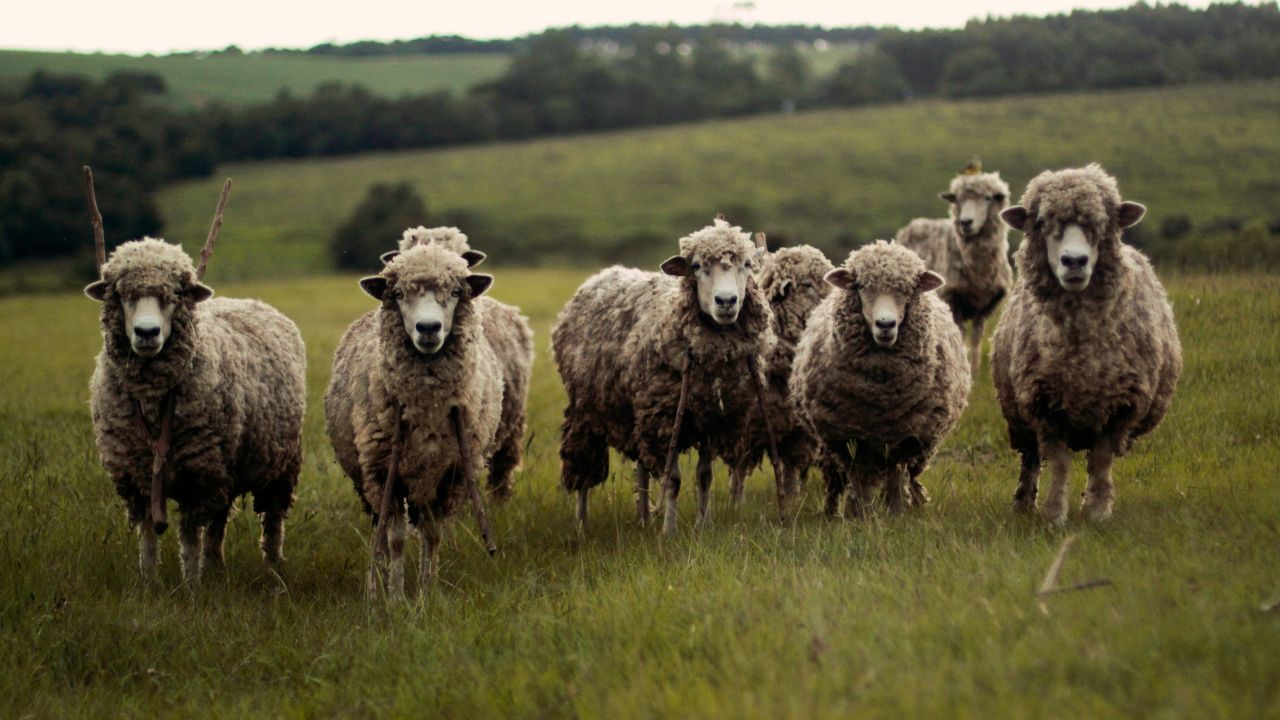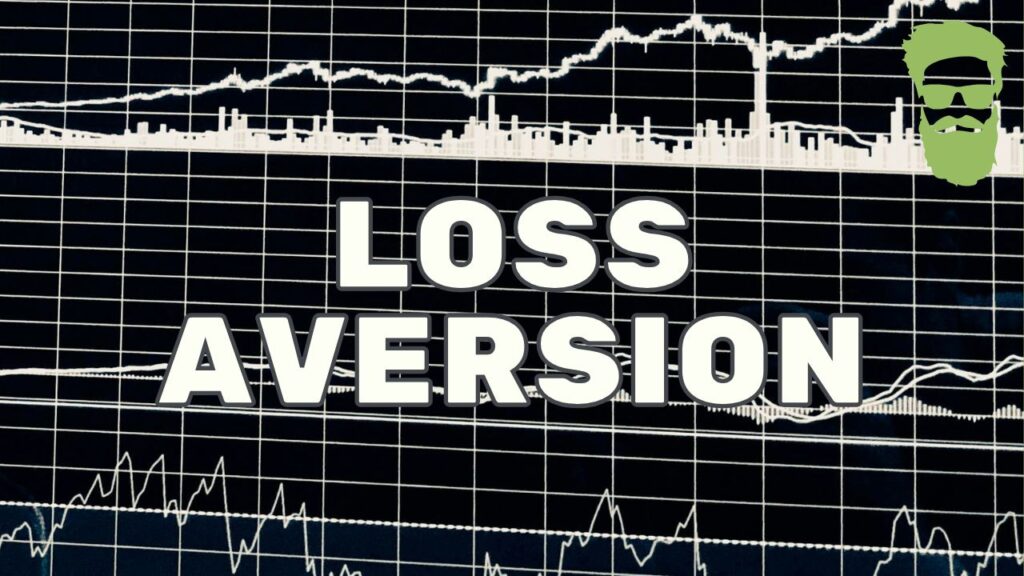In investing (and in life), we like to believe we act rationally. But we don’t always make decisions for the reasons we think. The field of behavioural economics has proven there are social, emotional and even cognitive factors that can get in our way. By becoming aware of these tendencies, or biases, we stand a better chance of meeting our long-term investment goals. We follow the crowd because we fear making mistakes or missing opportunities.
What is Herding?
Herd instinct is the tendency of individuals to follow the behavior of others, often without independent analysis or decision-making. This behavior is driven by the belief that the collective actions of a group are more likely to be correct or beneficial, leading individuals to conform. Another term for this is following social norms.
That said, here are some questions to ask:
- Am I making this decision because others are doing it?
- Do I feel pressured to conform to the group?
- Would I make the same decision if I were alone?
- Have I thoroughly researched and considered the alternatives?
- Does this choice align with my personal goals and values?
What Is Herd Instinct?
As a collective, we are social beings. Oftentimes, this means we are influenced by the opinions and decisions of others. When we make decisions based on what others believe or do, we are falling into herd instinct or herding. The concept, “if everyone is doing it, it must be a good thing” is how so many of us go with the crowd and make choices we perceive as the best, safe or good. Some common herding examples are selecting a restaurant based on its positive reviews or making investments based on other investors’ without analyzing our options for ourselves.
When Herd Mentality Takes Over
Let’s dive into some classic cases where herd behavior has dramatically influenced investment trends.
- The Tulip Mania (1636-1637): Often cited as the first recorded speculative bubble, Tulip Mania saw the prices of tulip bulbs in the Netherlands skyrocket to absurd heights
- A speculative bubble occurs when asset prices (or, in this case, tulip prices) rise sharply above their true value due to excessive market speculation and investor exuberance, often followed by a sudden price collapse
- At its peak, some tulip bulbs were reportedly worth more than houses
- When the bubble burst, many investors were left holding worthless bulbs, having followed the herd into financial ruin
- The Housing Bubble (2000-2008): The mid-2000s housing bubble in the United States was fueled by a widespread belief that real estate prices could only go up
- Investors, homebuyers, and banks all jumped on the bandwagon
- When the bubble burst, it triggered a global financial crisis, with millions losing their homes and investments
- The GameStop Frenzy (2021): A more recent example is the GameStop saga, where retail investors, coordinated on social media platforms like Reddit, drove up the stock price to astronomical levels
- This wasn’t driven by fundamental analysis but rather by a collective belief in sticking it to Wall Street hedge funds
- The stock, which traded at around $18 at the beginning of 2021, soared to over $483 by the end of January, only to crash back down shortly after
- This rapid fluctuation not only resulted in significant financial losses for latecomers but also caused widespread market instability and highlighted the potential dangers of collective speculative behavior
Why Do People Follow the Crowd?
Humans are social creatures and because of this, we are easily affected by others. We tend to fall into herd instinct and seek acceptance and inclusion from others who hold the same views and values as we do to shape our beliefs and decisions. In general, following the crowd is also far simpler, which is why so many of us do it. After all, it’s difficult to make informed decisions by gathering pertinent information on all interesting products and services. It’s far easier to follow others’ decisions, especially if you believe they have done their research or know best. While this can help in the case of buying a product or getting a service, this mindset is not ideal when it comes to big life decisions, such as your career path or your finances.
Investors have always been tempted to jump into or out of the markets based on emotions, rather than a sound financial strategy. In the run-up to these bubbles, investors bid up the prices of tulip bulbs, stocks and real estate to unsustainable levels. But even more quickly than they expanded, these markets burst, leaving the herd scrambling.
The Problem of Going with the Flow
When the S&P/TSX Index performed well just before the housing market crash, there was an influx of money into equity funds (buying high). Conversely, when the market pulled back, during the Global Financial Crisis, investors withdrew their money from equities (selling low). Investors following the herd have historically Bought high and sold low.
The fear of missing out (FOMO) can easily cause us to make hasty decisions. This happened in line with the rise of “meme stocks,” which are stocks that have a following from online communities and rise and fall based on their narratives and conversations. First-time investors can be easily influenced by herd instinct and make poor financial decisions. The herd effect or following the crowd can lead to trends amplifying beyond the fundamental rules of trading. People can drive up prices when they pile into investments because of FOMO or because they heard something positive but have not done their due diligence to investigate its validity.
How to Avoid Herding in Investing
While there can be some benefits to herding, such as passive index investing that follows a herd-type strategy, it’s best for inexperienced traders to avoid it altogether. Prior to investing, review the tips below to avoid falling prey to the herd mentality.
- Keep your financial goals in mind: While risky investments initially seem like a potential jackpot, remember that you’re more likely to lose your money than to gain from it
- If this doesn’t support your future goals or can hinder them, then it’s best to avoid that investment
- Hold yourself accountable with your money and live with financial intention
- Do your research: The herd mentality keeps you from doing your own research, which is essential before you invest funds into any product
- Make a conscious effort to form your own opinion through research and understanding of the investment you’re about to make
- Go at it alone: It can be nerve-wracking to invest in something when no one else you know is doing it
- However, to avoid the herd instinct, you need to be okay with investing in new things, especially if your research shows it may be a wise investment
- Consult a professional: If you’re new to the market and you need some guidance, look into finding a professional advisor.
- Gaining professional input on your research, analysis and preferences can help you determine if a particular investment is a good option for you
- Take your time: Don’t rush into a market purely because others are
- Remember that investing wisely is one of the key ways to start saving money and reach your goals
- This should be the driving force behind your investment decisions
Conclusion
Herding is what happens when we follow the crowd, even when the crowd may be doing something kind of nutty. Like spending more for a tulip than they’d spend on a house. Finding out why “everyone else is doing it” may be a great reason to do something else. Following the crowd is never a strategy for long-term investment success. Investors are at greater risk for herding behaviour when they are uncertain about their current situation. Avoid panicking in turbulent time, can help investors to stay on track with their financial plans.




